Charleston Currents #11.25 | May 6, 2019
TIPTOEING THROUGH THE TULIPS. Photographer and retired librarian Cynthia Bledsoe recently took a trip through Holland and Belgium as the tulips were blooming. Take a look below at her photo essay where you can see how fun intertwined with flora and history.
 FOCUS: Piccolo Spoleto 2019 has something for everyone
FOCUS: Piccolo Spoleto 2019 has something for everyone
COMMENTARY, Brack: State Senate has changed a lot in two decades
IN THE SPOTLIGHT: South Carolina Ports Authority
PHOTO ESSAY: The colors of spring in Holland and Belgium
GOOD NEWS: County to replace Folly Beach pier
FEEDBACK: On wishes, hopes and Hollings
MYSTERY PHOTO: Swampy clue
S.C. ENCYCLOPEDIA: Education in South Carolina
CALENDAR: From gun safety to Greek food and surfing penguins
FOCUS: Piccolo Spoleto 2019 has something for everyone
Staff reports | Hold onto your hats for what may be the most memorable Piccolo Spoleto season ever when the city’s annual arts tribute opens May 24 for 17 days.
“The arts resound throughout Charleston year-round, but Piccolo Spoleto’s performances and exhibitions afford special license for the arts to be your guide as you discover landmark houses of worship, historic parks and celebrated public spaces, as well as lesser-known performance venues off the beaten path,” Mayor John Tecklenburg said in his annual welcome letter.
For the 2019 season, artists will be using two new venues — the Cannon Street Arts Center downtown and “The Pearl” at Charleston Stage’s new West Ashley Theater Center. Several shows will take place at the Cannon Street venue, including “Big Mama’s House” (May 24-26); “Butcher Stories” (May 29-30, June 2); “The Why” (June 7-8); “Too Much Memory” (May 29-June 1); “Reality is Overrated” (May 31-June 1); and “Vincent John Doe” (June 6-9). Other shows that caught our attention:
- “Reality is Overrated,” West Ashley Theatre Center, May 29.
- “Mark Twain’s Final Tour,” Queen Street Playhouse, May 28, June 6.
- “Gracie and Lucy,” Queen Street Playhouse, June 7-8.
- “Ray Bradbury Live,” Threshold Repertory Theatre, May 29-31.
- “Thus Spoke the Mockingbird,” Threshold Repertory Theatre, June 6-8.
- “Frederick Douglass … No Turning Back,” Circular Congregational Church, May 30, June 6, June 8, June 9.
“Piccolo Spoleto, since its earliest days, has made arts events and cultural experiences accessible to everyone throughout Charleston,” said Scott Watson, who runs the city’s Office of Cultural Affairs, which puts on the festival. “This year’s festival reflects that founding impulse but goes further, using shared experiences provided by the arts to forge and strengthen our collective spirit and our sense of community.”
Also among the 500+ performances between May 24 and June 9 are festival traditions, such as the May 25 Family Day at Marion Square, which includes the outstanding Seed & Feed Marching Abominable band. Members of the troupe also will perform at a Midnight Pajama March at 11 p.m. May 25 at the U.S. Custom House and for a patriotic parade at noon on May 27 at the same venue.
 Two continuing favorites are opening day’s free Sunset Serenade at 8 p.m. featuring the Charleston Symphony Orchestra as well as picnicking at the Piccolo Spoleto Finale on the evening of June 8 in Hampton Park.
Two continuing favorites are opening day’s free Sunset Serenade at 8 p.m. featuring the Charleston Symphony Orchestra as well as picnicking at the Piccolo Spoleto Finale on the evening of June 8 in Hampton Park.
Some other highlights:
Children’s programs. The Charleston County Public Library main branch on Calhoun Street will feature several children’s programs in its auditorium. See all here.
Early music. St. Philip’s Church will host the annual tribute to early music, including a Spanish guitar performance on May 26, Vivaldi’s Circle on May 27, and Vivaldi’s Four Seasons on June 3. More. Several concerts also will be held in Beaufort.
Spotlight concerts will include a Memorial Day Concert at Mepkin Abbey at 4 p.m. May 27; Chamber Music Charleston at Second Presbyterian Church on May 31; and Chamber Music with Yuriy Bekker and Friends at Kahal Kadosh Beth Elohim synagogue on June 2.
Blues cruises. You can take Carolina Queen Harbor Cruises featuring performers like Royal Johnson, Willie Jackson and the Tybee Island Blues Band and the Davis Coen Band.
There also are organ recitals, youth music performances, lots of singers and choirs, at least 10 dance performances in seven venues; poetry performances, art displays, book discussions, sand-castle building, crafts and more.
- CAN’T FIGURE OUT WHAT TO DO? If there’s so much that you don’t know what to pick, we suggest that you take a look at your calendar and compare it to the full calendar of Piccolo Spoleto events here. Then find something that looks good for that date … and head on over. Enjoy the season!
- Have a comment? Send to: editor@charlestoncurrents.com
BRACK: State Senate has changed a lot over two decades
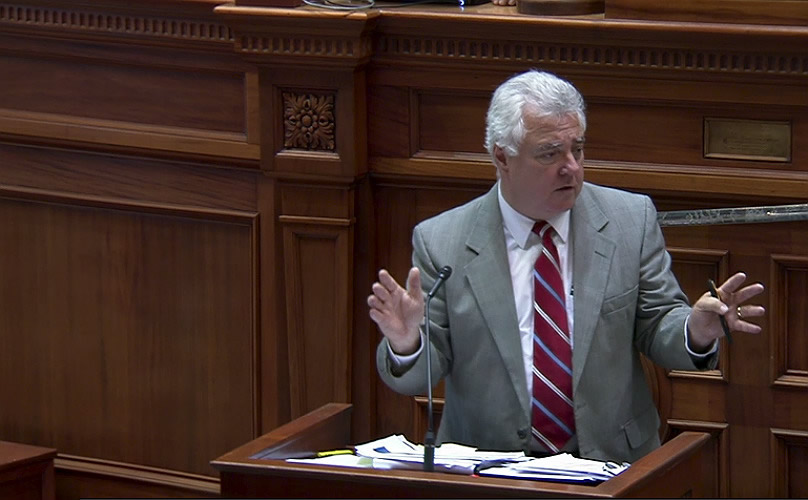
State Sen. Larry Grooms, R-Berkeley, discussed the future of Santee Cooper last week in the state Senate.
By Andy Brack, editor and publisher | Anyone who doesn’t believe government doesn’t change needs to look to the South Carolina Senate. Compared to what it was 20 years ago, it’s almost a hot mess today.
 Two of the differences are easy to see. First, some once familiar names that dominated headlines – Drummond, Fair, Courson, Ford, McConnell, Hayes, Leventis, Martin, McGill, Ravenel, Washington, Wilson, Thomas – are no longer there. Of the states 46 senators, only 11 serving today were in the chamber 20 years ago.
Two of the differences are easy to see. First, some once familiar names that dominated headlines – Drummond, Fair, Courson, Ford, McConnell, Hayes, Leventis, Martin, McGill, Ravenel, Washington, Wilson, Thomas – are no longer there. Of the states 46 senators, only 11 serving today were in the chamber 20 years ago.
Second, Democrats no longer rule the Senate roost. In the 1994 elections, Republicans gained control of the S.C. House for the first time in generations. Six years later despite having a Democratic governor, the state shifted more toward Republicanism as the state’s 46 senate seats split evenly between the two parties.
But just before the start of the 2001 session, longtime Democratic Sen. J. Verne Smith of Greenville shocked leaders by switching parties – and putting the state Senate in the Republican column.
That switch led to bigger changes that continue to impact the state Senate today.
When Republicans got control, they did two things quickly to upend the apple cart of Senate tradition which ultimately led to a more partisan, slightly less congenial body.
First, the GOP changed the seniority system of committee control. Prior to 2001, senior senators, no matter the party, ran Senate committees. But under GOP control, an extra component was added – political party. Under the new rule, powerful committee chairmanships were to be controlled by seniority, but by members of the majority party. In essence, the new minority Democrats, many of whom had years of seniority, no longer had control, often becoming ranking members to chairmen who were years younger.
What this change ultimately meant was political parties became much more important in the Senate. That meant more friction and less congeniality compared to two decades ago. It’s not as if these folks are overtly rude today, compared to years past, but there’s an edge of tension simmering just below the surface compared to the clubbiness of the past.
The second impactful rule change saw the new GOP majority increase the number of senators on the two major committees, Judiciary and Finance, from 18 to 23. That meant every senator was on one of the body’s two major committees. So a freshman, who in the past would have to wait a few years to move up the chain of seniority to get a seat on a major committee (and have more influence), automatically became part of a big committee.
This, too, increased partisanship as new, young Senate firebrands, often elected on platforms that were more left or more right of the general population, would speak out – and get media coverage – on big issues. No longer were freshmen relegated to the back benches.
Through the years, there have been other changes. This year, for example, the state’s lieutenant governor no longer is presiding officer of the Senate. For the first time, the person who controls the daily session is its new president. This shift has changed the day-to-day dynamic and, in some ways, has insulated the Senate from outside interference from external politics. (Remember, the state went through three lieutenant governors in a short spell after one got caught up in scandal, a successor left to lead a college and another took over briefly before a new election.)
Other changes limit debate and make it harder for one senator to gum up the legislative works. It can be argued this moves along needed legislation quicker, but the Senate is supposed to be the state’s deliberative body, not a rollercoaster for new laws.
Our state’s new Senate, because it is more partisan, also is less of a place where elected elites spend lives. In the hyper-partisan outside world, seemingly promising long Senate careers are shortened at the polls by frustrated voters, which leads to more Senate turnover, which isn’t necessarily a bad thing. It used to take a young senator a decade to get enough seniority to make a bigger difference. Now, someone elected a few years back is in the middle of the pack of seniority.
You might like new changes. You might not. But democracy constantly evolves, even in the S.C. Senate.
- Andy Brack’s new book, We Can Do Better, South Carolina, is available via Kindle.
- Have a comment? Send to: editor@charlestoncurrents.com
SPOTLIGHT: South Carolina Ports Authority
 Founded in 1942, the South Carolina Ports Authority (SCPA) owns and operates public marine terminals at two port facilities, the Port of Charleston and the Port of Georgetown, in addition to inland ports in Greer and Dillon, S.C. These facilities are owner-operated terminals, meaning the SCPA owns the terminals, operates all container cranes, manages and operates all container storage yards and leads all customer service functions in both the yard and the lanes.
Founded in 1942, the South Carolina Ports Authority (SCPA) owns and operates public marine terminals at two port facilities, the Port of Charleston and the Port of Georgetown, in addition to inland ports in Greer and Dillon, S.C. These facilities are owner-operated terminals, meaning the SCPA owns the terminals, operates all container cranes, manages and operates all container storage yards and leads all customer service functions in both the yard and the lanes.
SCPA promotes, develops and facilitates waterborne commerce to meet the current and future needs of its customers, and for the economic benefit of the citizens and businesses of South Carolina. In fact, SCPA facilities in Charleston, Dillon, Georgetown and Greer drive $53 billion in annual statewide economic impact and 1 in every 11 SC jobs is attributed to the Port.
- For more information, visit www.scspa.com.
- To meet all of our underwriters, click here.
- To meet all of our underwriters, click here.
The colors of spring in Holland and Belgium
By Cynthia Bledsoe, special to Charleston Currents | My husband and I recently took a Holland and Belgium river cruise, starting in Amsterdam. We cruised through canals north to Enkuizen, a formerly important Dutch East India Company trading port, and then south to Rotterdam, Dordrecht and Veere.
Then we floated into Belgium, with stops in Ghent, Antwerp and overland to Bruges. We were charmed by the scenery, the history, the people, and, of course, Belgium chocolate, beer and waffles. Enjoy these photos:
A small Dutch village as seen from the shop while cruising from Amsterdam to Enkhuizen.
We visited the Zuiderzee Museum in Enkhuizen. It is devoted to preserving the cultural heritage and maritime history from the old Zuiderzee region.
Here is a portion of the 19 still-functioning windmills built between 1728–1740 at Kinderkirk, a UNESCO World Heritage Site.
A lovely hyacinth field, south of Amsterdam
These tulips are in the Keukenhof Flower Park, which is only open for eight weeks each year. It has as more than 79 acres and 7 million bulbs planted.
Medieval buildings in Ghent.
Art alley, Ghent. Home to Ghent University, the city has a thriving student population and contemporary art, side by side with century-old buildings.
County to replace Folly Beach pier
Staff reports | The 1,045-foot-long Folly Beach Fishing Pier will be replaced by Charleston County Parks to allow the icon to continue to serve the community. Construction is expected to start later this year.
“The 24-year-old Folly Beach Pier, while still currently safe for visitors, is deteriorating, its wooden piles impacted by marine boring worms,” according to a press release. The parks department began dive inspections of the pier pilings in 2013, and encapsulated many of the piles over the past five years in an effort to strengthen them, kill the worms and maintain the integrity of the pier. The walkway has been continually inspected as well.
Though the pier has been determined safe for use at this time by consultants, the pile deterioration is a continuous process that cannot be stopped. Wooden timber pile piers typically have an average life expectancy of 20-25 years. As the Folly Beach Pier reaches the end of its life, the agency has begun planning to remove the existing structure to replace it with a new pier.
According to the county, the replacement of the Folly Beach Pier is in the design development phase. The agency filed an initial permit with the state Office of Coastal Resource Management (OCRM) and the Army Corps of Engineers in April. The new pier will still have all of the elements visitors love about the existing pier, including fishing stations, places to watch the sunset and the beloved Moonlight Mixer dance series. The design of the new Folly Beach Pier is still being finalized and will be shared with the public in the near future.
The walkway section of the pier will be closed for 18 months to 22 months during the walkway construction phase. During all phases of the project, the Pier 101 restaurant, the Folly Pier gift shop and restroom facilities are expected to remain open for normal operations. The rectangular deck area behind these facilities will remain open during walkway construction. During the construction, which could begin as early as later this year, access around and under the pier will also be restricted as heavy equipment and construction materials are loaded onto the pier. About a third of the pier’s parking lot may be impacted during construction as well.
Fishing from and events on the pier will be impacted. The Folly Beach Pier will still host the following events in 2019 prior to the space closing for construction: Moonlight Mixers (May 24, June 21, July 26, Aug. 16 and Sept. 13); and the Cast Off Fishing Tournament (May 25 and June 22).
- More information: Charleston County Parks.
In recent Good News:
![]() Hat tip to MUSC. Congratulations to MUSC Dr. Kathleen T. Brady, who this month was awarded the 2019 Governor’s Award for Excellence in Science by Gov. Henry McMaster. As vice president for Research and Distinguished University Professor, Brady has dedicated 30 years of service to MUSC addressing evidence-based treatments for alcohol and drug addiction as well as common co-occurring psychiatric disorders such as post-traumatic stress disorder, depression and bipolar disorder in civilians and military veterans.
Hat tip to MUSC. Congratulations to MUSC Dr. Kathleen T. Brady, who this month was awarded the 2019 Governor’s Award for Excellence in Science by Gov. Henry McMaster. As vice president for Research and Distinguished University Professor, Brady has dedicated 30 years of service to MUSC addressing evidence-based treatments for alcohol and drug addiction as well as common co-occurring psychiatric disorders such as post-traumatic stress disorder, depression and bipolar disorder in civilians and military veterans.
Hat tip to C of C. Five students and graduates at the College of Charleston have received Fulbright scholarships for the second year in a row, making the college as a “top producer” of the coveted award. Congratulations to this year’s winners: Jolie Hiers ’18, an Honors College graduate who majored in foreign language education and Spanish; Sophie Kreutz, also in the Honors College who is a marine biology major with minors in studio art, Spanish and chemistry; Hillary McLaurin, who is a double major in computer information systems and German; Alexandra Helfgott, another Honors College student and a political science and Spanish double major; and Haley Moore, also an Honors College student double majoring in psychology and Spanish with a minor in linguistics.
Jazz residency. Middle school and high school students with one year of music experience can sign up for the Youth Jazz Orchestra Camp, which is a week-long residency with performer Charleton Singleton at the Charleston Gaillard Center. He and seven guest teachers will promote mastery of jazz and teach its history. Students will learn about improvisation, jazz standards and jazz styles. Cost: $250, with scholarships available. More info.
End of session looms. Out of the thousands of bills filed this year by state legislators, less than four dozen have been ratified into law, reports Lindsay Street for our sister publication, Statehouse Report. That might have some wags smiling with thoughts of lawmakers following the medical axiom of Hippocrates (“First, do no harm.”) But with three days left in the session, there’s still a lot lawmakers can do, as reported in this detailed story.
Keep it up
To the editor:
![]() I really enjoy your thought-provoking articles. The April 30 one on “While I Breathe, I Wish and Hope” was amazing to me in that your wishes and hopes align with mine. As a lifelong Cubs fan, I’m with you on abolishing the Designated Hitter.
I really enjoy your thought-provoking articles. The April 30 one on “While I Breathe, I Wish and Hope” was amazing to me in that your wishes and hopes align with mine. As a lifelong Cubs fan, I’m with you on abolishing the Designated Hitter.
Keep up the good stuff, and continue to be an enlightened Trump critic.
— Milt Marley, Ridgeway, S.C.
Remembering Fritz Hollings
To the editor,
Enjoyed your piece about the late Senator.
Yes, the ox is in the ditch. Reminds me of a time when Republicans and Democrats could work through things for the good of the country.
— Joe Reynolds, North Charleston, S.C.
Send us your thoughts
We’d love to get your impact in one or more ways:
Send us a letter: We love hearing from readers. Comments are limited to 250 words or less. Please include your name and contact information. Send your letters to: editor@charlestoncurrents.com. | Read our feedback policy.
Tell us what you love about the Lowcountry. Send a short comment – 100 words to 150 words – that describes something you really enjoy about the Lowcountry. It can be big or small. It can be a place, a thing or something you see. It might the bakery where you get a morning croissant or a business or government entity doing a good job. We’ll highlight your entry in a coming issue of Charleston Currents. We look forward to hearing from you.
Swampy clue
This must be in a swamp, if you believe the sign. But where? Send your guess to editor@charlestoncurrents.com. And don’t forget to include your name and the town in which you live.
Our previous Mystery Photo
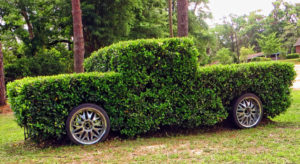 Our April 29 mystery, “Green art,” came from longtime photographer and reader Charles Boyd of Hanahan, who spied the topiary in Walterboro near a body shop. It wasn’t, as many guessed, in Bishopville where artist Pearl Fryar has a world-renowned field of carved shrubs and trees.
Our April 29 mystery, “Green art,” came from longtime photographer and reader Charles Boyd of Hanahan, who spied the topiary in Walterboro near a body shop. It wasn’t, as many guessed, in Bishopville where artist Pearl Fryar has a world-renowned field of carved shrubs and trees.
- Send us a mystery: If you have a photo that you believe will stump readers, send it along (but make sure to tell us what it is because it may stump us too!) Send it along to editor@charlestoncurrents.com.
HISTORY: Education in South Carolina
S.C. Encyclopedia, part 1 of 4 | For much of the state’s history, education was left principally to families. Nonetheless, while historically the state’s support of schooling has been hesitant, sporadic, and limited, the last two decades of the twentieth century witnessed growing attention to schools. By the end of the twentieth century, reform of South Carolina public schools had entered the forefront of political debate.
Reflecting the English roots of colonial South Carolina society, early education was centered in the home and church. For formal education wealthy, white families might hire tutors or send their children to private schools in Charleston. Education for crafts was provided through apprenticeships.
The first expressions of public support for “free schools” came in the early eighteenth century. Some individuals had bequeathed money for the purpose of supporting free schools. In 1712 “An Act for Founding and Erecting of a Free School in Charlestown” was passed, actually recognizing a school already established in Charleston under John Douglas, but also providing limited public funds for the support of free schools established in other parishes as well. Masters had to be Anglicans, and instruction was required “in Grammar, and other arts and sciences and useful learning, and also in the principles of the Christian religion.”
Free schools were operated for the children of poor whites who could not afford a private school or tutor. Organizations establishing such schools included the South Carolina Society, the Winyaw Indigo Society, the Mt. Zion Society, and the Anglican Society for the Propagation of the Gospel in Foreign Parts. The most long-lived of such schools was a manual training school established in the Abbeville District through a 1797 bequest by John de la Howe.
Educational opportunities for black South Carolinians were extremely limited. While the wives of masters might instruct favorite slaves in Christianity and the reading of the Bible—and occasionally black students received instruction in free schools, most notably at the school of the Reverend Alexander Garden in Charleston—most whites were skeptical of the value of educating blacks. Beginning in 1740 and continuing throughout the colonial and antebellum periods, the South Carolina legislature passed statutes limiting the teaching of writing and reading to slaves and free blacks. Despite these laws, schools for free blacks supported by religious and fraternal organizations survived in Charleston during the antebellum period.
Throughout the colonial period and beyond, private education remained the norm. Tuition-charging academies were the mainstay of secondary education. Notable schools included the Mt. Bethel Academy in Newberry, Moses Waddel’s Willington Academy in Abbeville District, and Madame Ann Mason Talvande’s French School for Young Ladies in Charleston. Other private academies sprang up throughout the state, sometimes with limited state support. The curricula of these schools tended to the classics, Greek, Latin, and mathematics but varied according to the gender of the students. One female academy in Columbia, for example, offered a course of study that included belles lettres, French, music, drawing, and plain and ornamental needlework. There were 117 academies in the state by 1840 and more than 200 in 1860. An 1850 act provided support for the establishment of military schools in Anderson, Marion, and Spartanburg.
In 1811 the General Assembly passed a new free school act authorizing the establishment of schools in each district equal to its number of representatives in the legislature. The state subsidized these schools at a meager level, and any white child could attend free, with priority given to orphans or children of the poor. These free schools came to be seen as “pauper schools,” a stigma that kept many away. Typically the quality of both the buildings and the instruction was low. In 1860 there were only 1,395 teachers operating 1,270 schools for 18,915 students.
The “common school” movement that swept the North and Midwest during the 1840s and 1850s missed South Carolina. State leaders debated the need for education for the laboring classes, and most seemed to feel that it would make them dissatisfied with their lot. Most estimates suggest that by 1860 only half of the state’s white children received any schooling. Charleston was the exception. There, city fathers combined state allocations with a local tax to support schools attractive to all social classes, thus removing the “pauper school” stigma. The scheme included a city high school for girls to which was appended a normal, or teacher-training, school.
— Excerpted from an entry by Deborah M. Switzer and Robert P. Green Jr. This entry may not have been updated since 2006. To read more about this or 2,000 other entries about South Carolina, check out The South Carolina Encyclopedia, published in 2006 by USC Press. (Information used by permission.)
CALENDAR: From gun safety to Greek food and surfing penguins
Kids, guns and safety. 9:30 a.m. to 11 a.m., May 9, Mount Pleasant Town Hall, 100 Ann Edwards Lane, Mount Pleasant. Arm-in-Arm is holding an event titled “Ideas into Action: Children, Guns and Safety”that will feature a panel discussing the impact of gun violence on children and communities in the state. Click here for more information.
Hops and Vines: 5:30 p.m. to 7:30 p.m., May 9, McLeod Plantation Historic Site, James Island. Wine, beer and live music as you experience the beauty of this historic county park. Roving interpreters will be on-site to illustrate McLeod’s storied history. Admission is $15 in advance and includes 2 drink tickets. More info.
Charleston Greek Festival: May 10-12, Greek Orthodox Church of the Holy Trinity, 30 Race Street, Charleston. Enjoy Greek food, music and dancing at this annual, fun festival in downtown Charleston. Schedule of events; Tickets are free for active-duty military and children; up to $5 for adults.
Surfing penguins: 7 p.m. to 10 p.m., May 10, Magnolia Community Garden and Park, 720 Magnolia Road, West Ashley. The Charleston Parks Conservancy will offer a free family movie night with the animated feature “Surf’s Up.” More.
Events at the Gaillard. Check out these awesome coming events at the Charleston Gaillard Center, 95 Calhoun St., Charleston:
Songs of America: Jon Meacham and Tim McGraw: 7:30 p.m., June 11. Join Grammy Award-winning Tim McGraw and Pulitzer Prize-winning author Jon Meacham as they explore American history through music. Tickets are $65 to $350. More.
TheSkimm Night Out. 7:30 p.m., June 25. The founders of theSkimm are coming to your city for a fun night out, full of empowering conversation, networking, cheersing, and more to celebrate their new book, How to Skimm Your Life. Tickets are $48 to $150. More.
The Agitators: Through May 18, PURE Theatre, Cannon Street Arts Center, Charleston. The play tells the long but sometimes tempestuous friendship of Susan B. Anthony and Frederick Douglass. Tickets are $10 to $35. Performance times and more: PURETheatre.org.
Charleston Beer Fest: Noon to 7 p.m., May 18, Riverfront Park, North Charleston. A dozen musical acts are scheduled to perform on two stages during an afternoon of music and beer featuring more than 40 breweries from the Carolinas. They’ll have upwards of 80 craft brews on tap during the 8th festival. Tickets are $25 each. More: ChsBeerFest.org.
May book sale: May 24 and May 25, Cynthia Graham Hurd/St. Andrews Library, 1735 N. Woodmere Dr., Charleston. The Charleston Friends of the Library will hold its annual West Ashley book sale with thousands of great books and other items at low prices. The event supports programming at the library. More.
Tea Rooms: Here’s a list of tea rooms that will be in full swing during Spoleto season:
Second Presbyterian Church: 11 a.m. to 2 p.m. May 24-26, Fellowship Hall. Lunch, cake and tea. 324 Meeting St., Charleston.
Grace Church Cathedral: 11:30 a.m. to 2 p.m. May 27 to June 8 (except June 2). Lunch and a gift shop. See menu here. 98 Wentworth St., Charleston.
Early morning bird walks at Caw Caw: 8:30 a.m. every Wednesday and Saturday, Caw Caw Interpretive Center, Ravenel. You can learn about habitats and birds, butterflies and other organisms in this two-hour session. Registration not required, but participants are to be 15 and up. $10 per person or free to Gold Pass holders. More: http://www.CharlestonCountyParks.com.
AREA MARKETS
WEDNESDAYS. The West Ashley Farmers Market is every Wednesday from 3 p.m. to 7 p.m. in Ackerman Park off Sycamore Avenue in West Ashley. The last week of the market will be the first week of October. More.
FRIDAYS/SATURDAYS: Night Market. Every Friday and Saturday from 6:30 p.m. to 10:30 p.m. for the rest of the year, you can shop with 108 vendors, including artists and craftsmen, at the night market on Market Street between East Bay and Church streets. It’s more than four blocks of local shopping and fun. Free.
SATURDAYS: Johns Island Farmers Market operates each Saturday from 9:30 a.m. to 1:30 p.m. year-round with more than 50 local farmers and vendors, food trucks, music and more. The market is located on the campus of Charleston Collegiate School, 2024 Academy Road, Johns Island
SATURDAYS: The Charleston Farmers Market is opens 8 a.m. to 2 p.m. in Marion Square each Saturday through Nov. 30. More info.
- If you have an event to list on our calendar, please send it to feedback@charlestoncurrents.com for consideration. The calendar is updated weekly on Mondays.
If you like what you’ve been reading, how about considering a contribution so that we can continue to providing you with good news about Charleston and the Lowcountry. Interested? Just click the image below.
Book highlights how S.C. can do better
We Can Do Better, South Carolina! offers incisive commentaries by editor and publisher Andy Brack on the American South, the common good and interesting South Carolina leaders, such as former U.S. Sen. Fritz Hollings, civil rights advocate Septima Clark, former S.C. Gov. David Beasley and more. There also are discussions on civil rights struggles with which the Palmetto State continues to grapple. as well as commentaries on politics, governments, the hangovers of South Carolina’s past and her future opportunities.
We Can Do Better, South Carolina! is available exclusively as a Kindle book for $7.99. Click here to purchase a Kindle copy. A paperback version will be ready for order isoon.
- If you have a comment or questions about the book, please let us know at: editor@charlestoncurrents.com
OUR UNDERWRITERS
Charleston Currents is an underwriter-supported weekly online journal of good news about the Charleston area and Lowcountry of South Carolina.
- Meet our underwriters
- To learn more about how your organization or business can benefit, click here to contact us. Or give us a holler on the phone at: 843.670.3996.
OUR TEAM
Charleston Currents offers insightful community comment and good news on events each week. It cuts through the information clutter to offer the best of what’s happening locally.
- Mailing address: P.O. Box. 22261 | Charleston, SC 29413
- Phone: 843.670.3996
Charleston Currents is provided to you weekly by:
- Editor and publisher: Andy Brack, 843.670.3996
- Contributing editor, common good, Fred Palm
- Contributing editor, money: Kyra Morris
- Contributing editor, Palmetto Poem: Marjory Wentworth
- Contributing editor, real estate: Digit Matheny
- Contributing photographer: Rob Byko
SUBSCRIBE FOR FREE
Subscriptions to Charleston Currents are free.
- Click here to subscribe.
- Unsubscribe. We don’t want to lose you as a reader of Charleston Currents, but if you must unsubscribe, you will have to do it through the email edition you receive. Just go to the bottom of any of your weekly newsletters and click the “unsubscribe” function. If that doesn’t work, please send us an email with the word “unsubscribe” in the subject line.
- © 2008-2019, Statehouse Report, LLC. All rights reserved. Charleston Currents is published every Monday by Statehouse Report LLC, PO Box 22261, Charleston, SC 29413.



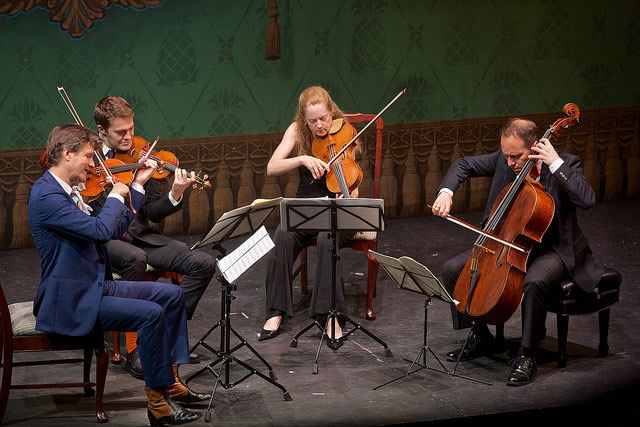
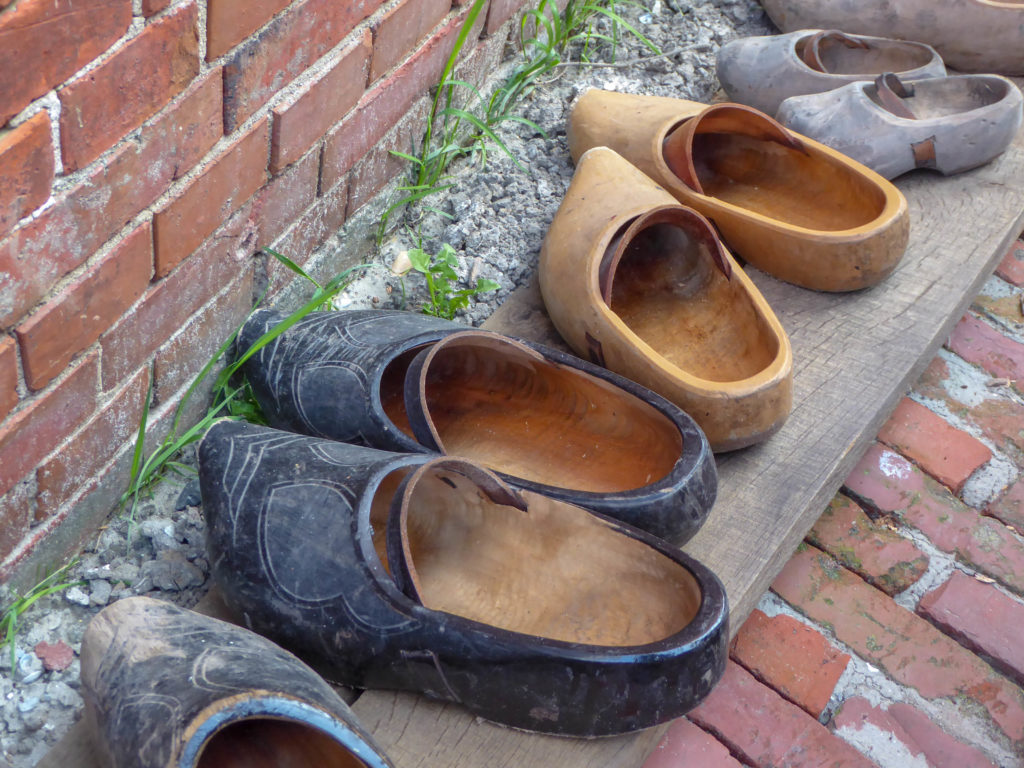
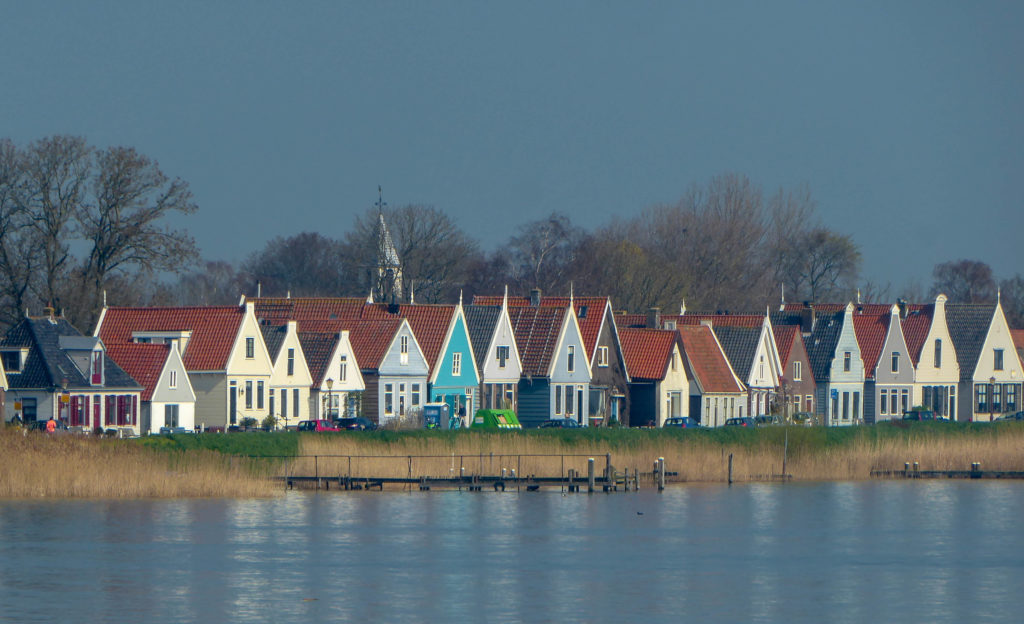
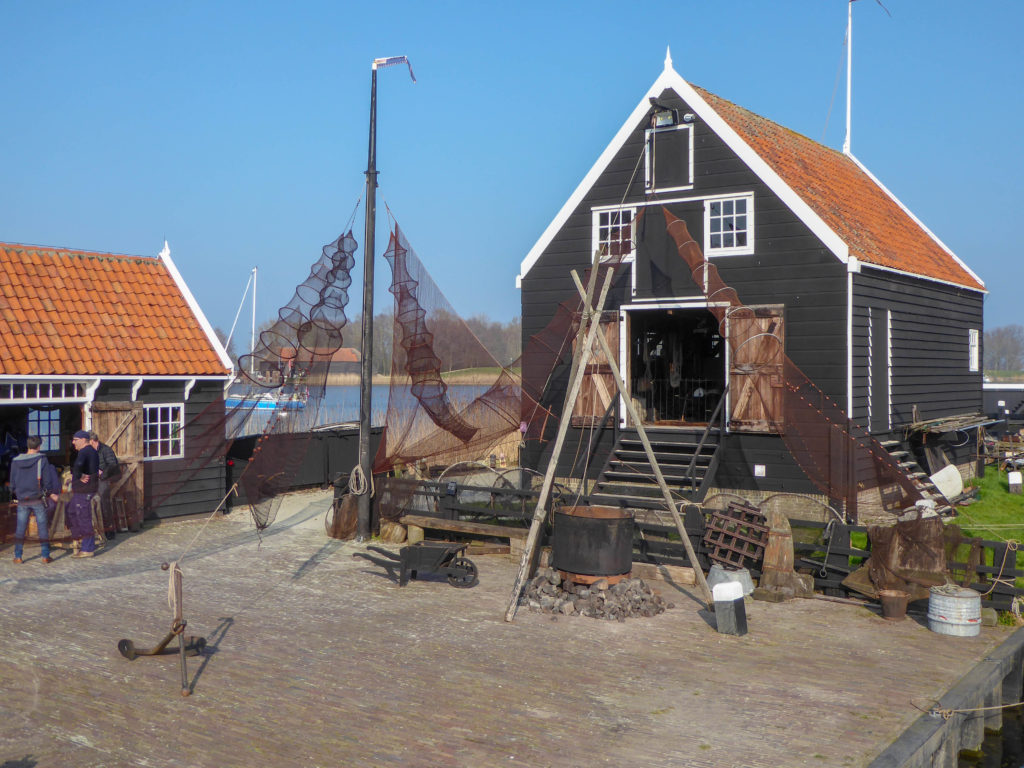
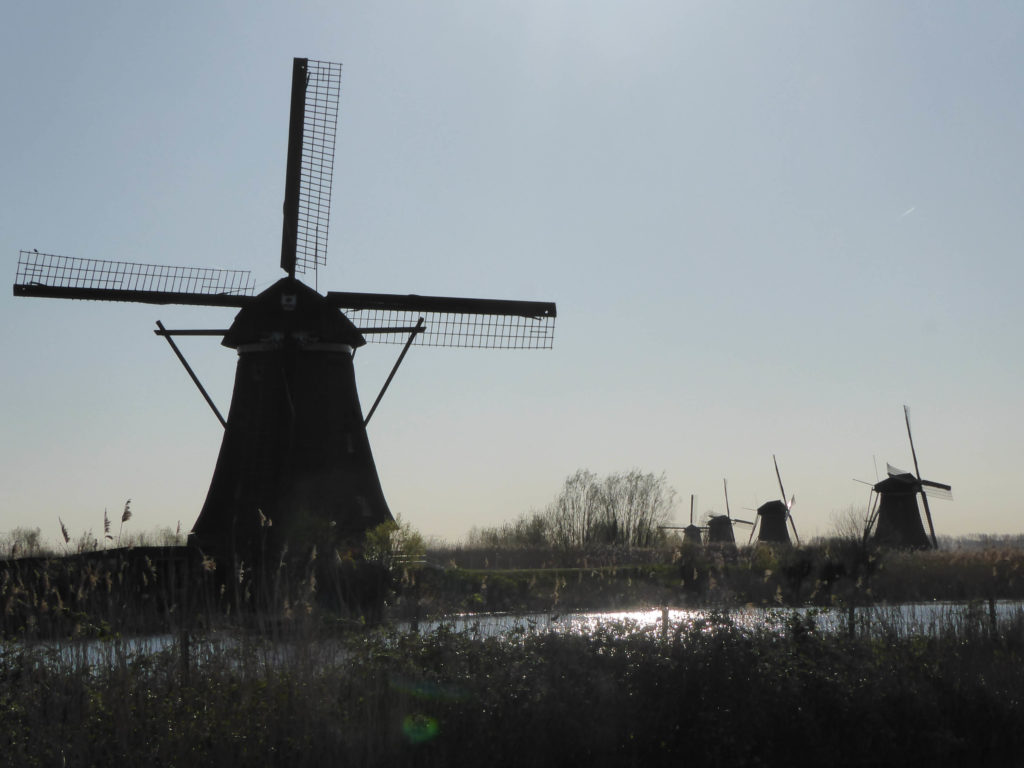
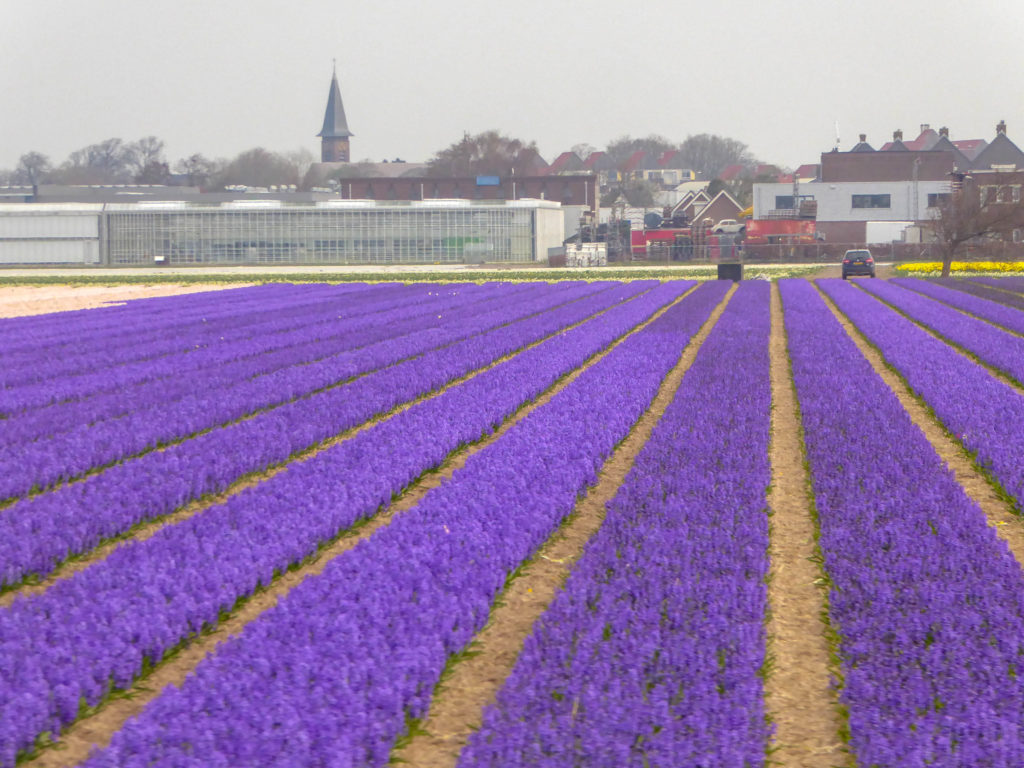

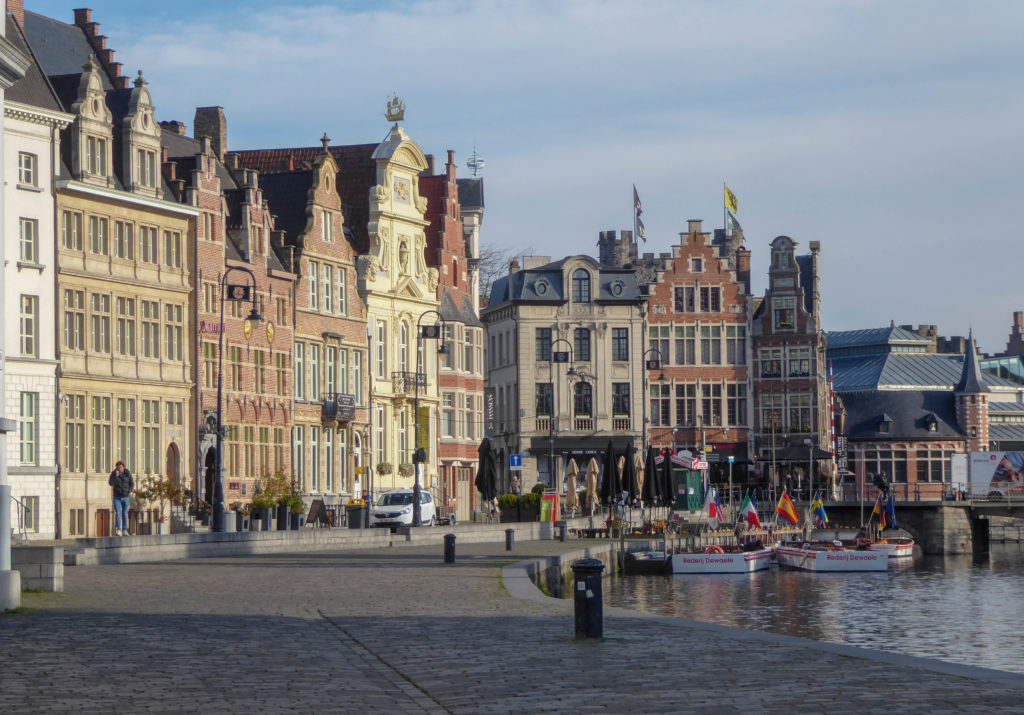
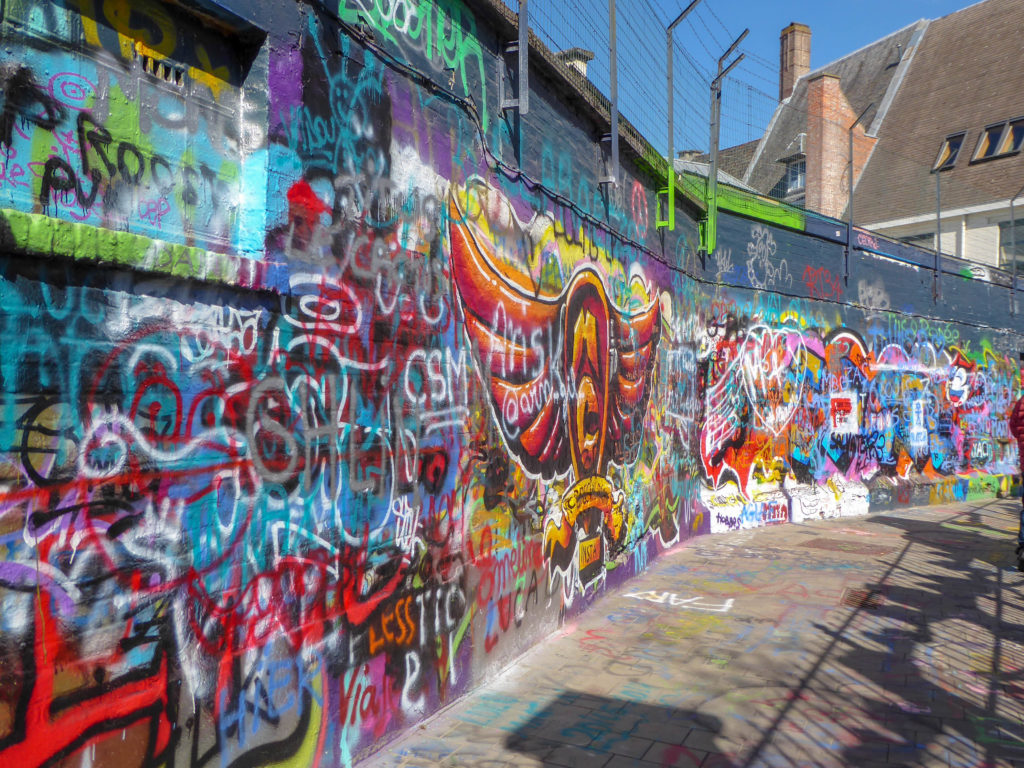
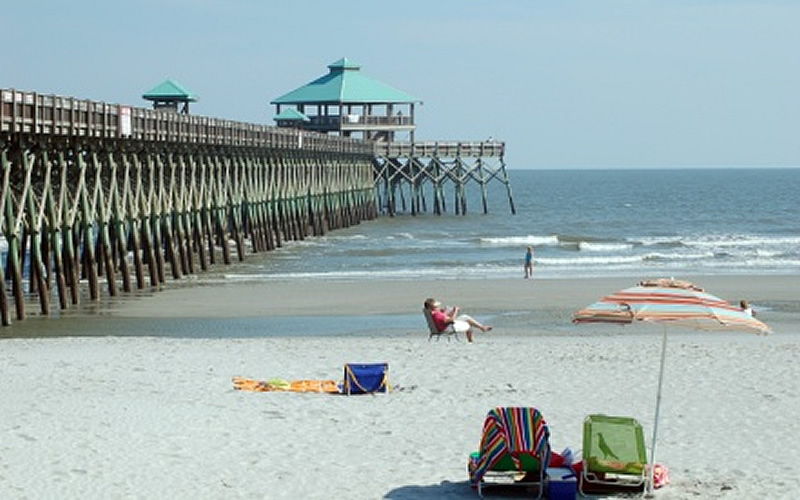
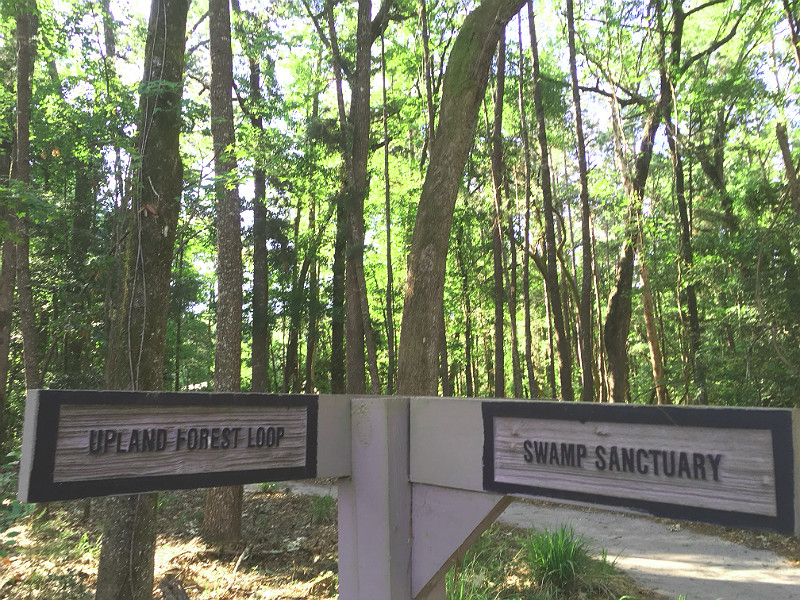
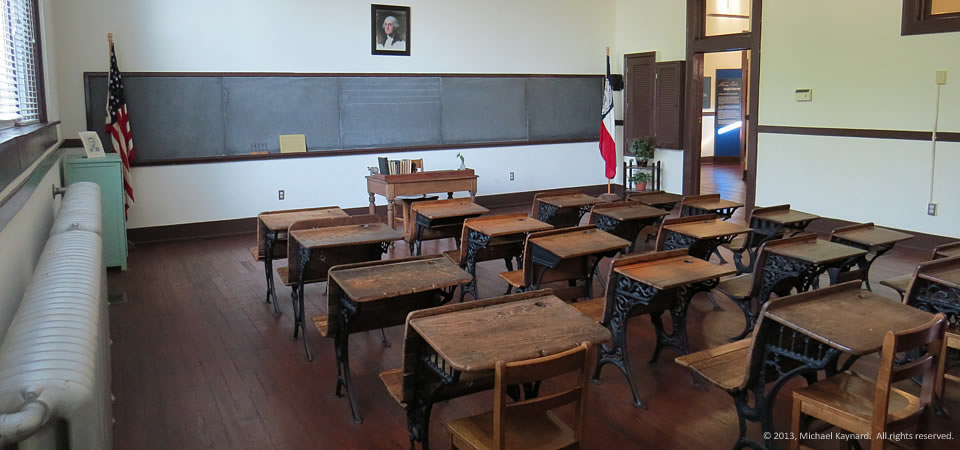

 We Can Do Better, South Carolina!
We Can Do Better, South Carolina!
























